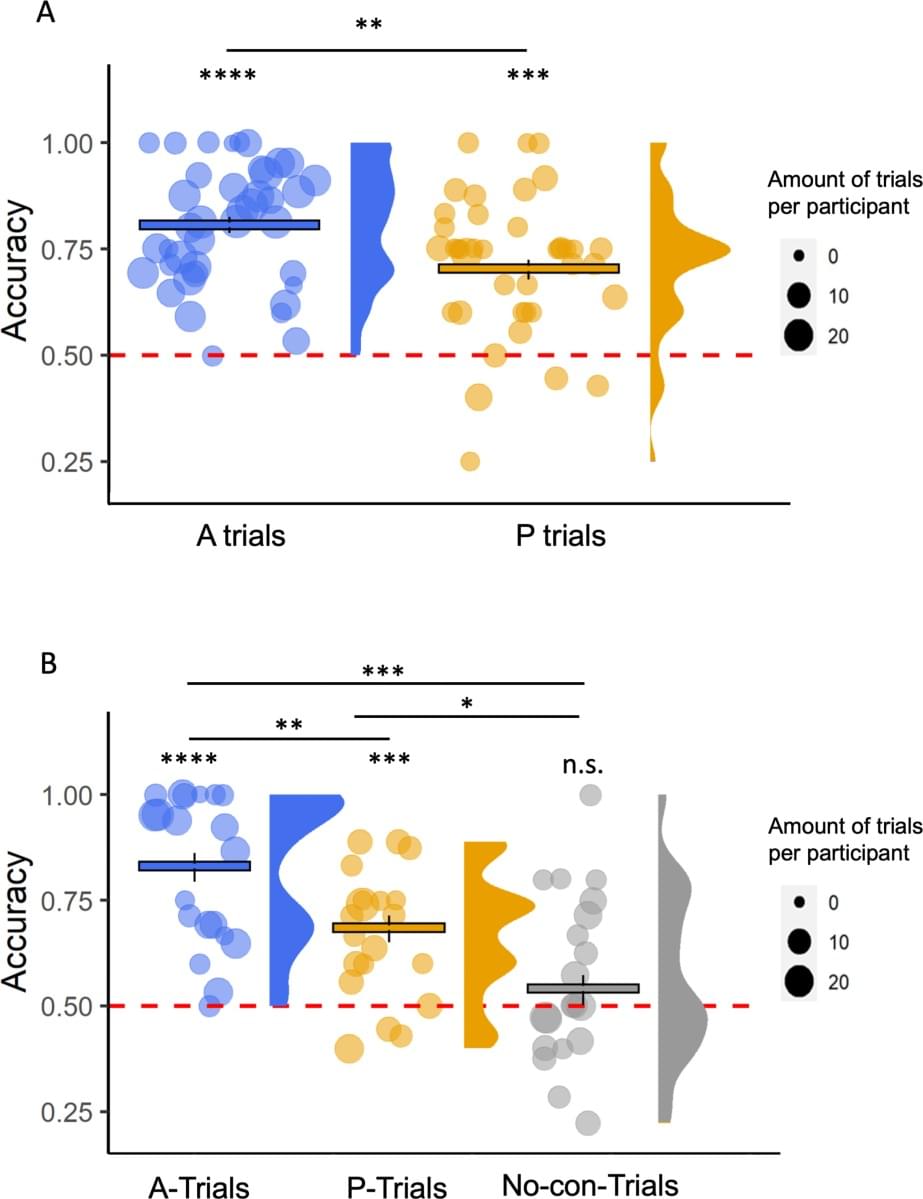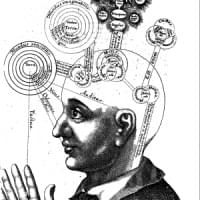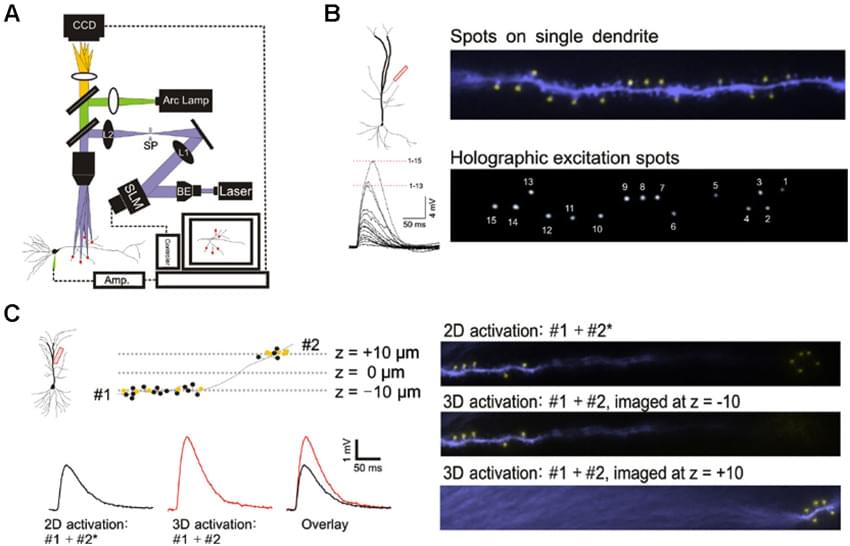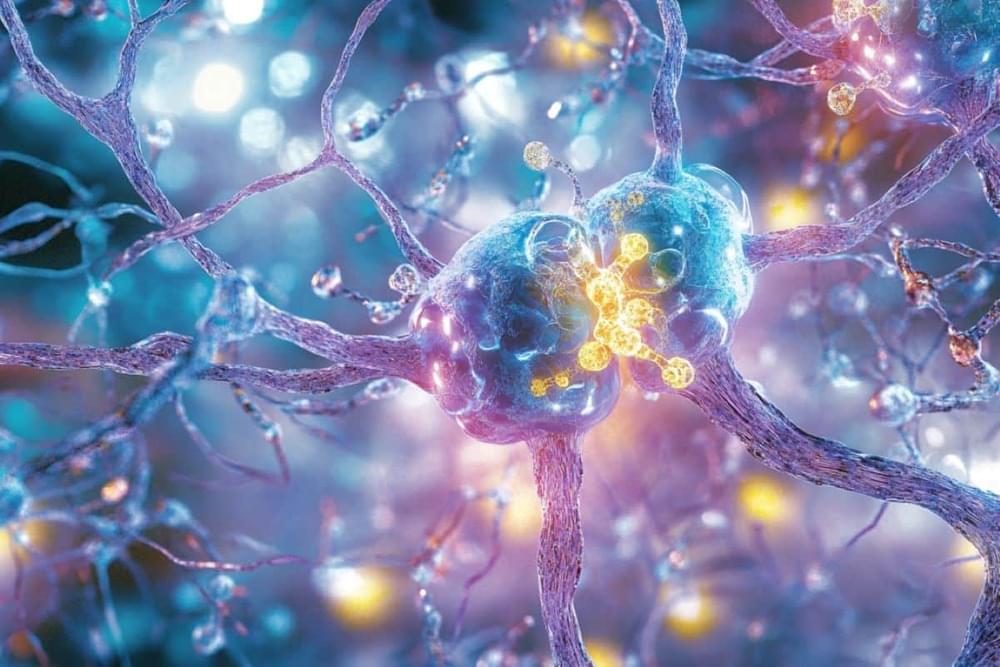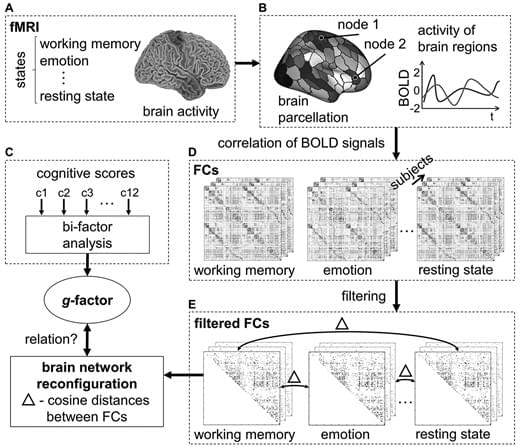Susan Blackmore’s Consciousness: A Very Short Introduction may have been the first book I read on consciousness many years ago. Recent conversations rekindled my interest in her views.
I’m pretty sure her discussion of consciousness as an illusion was the first time I had encountered that idea. Strong illusionists such as Keith Frankish and Daniel Dennett generally take the stance that phenomenal consciousness doesn’t exist. Blackmore’s illusionism seems like a weaker form, that consciousness exists but isn’t what it seems. And by “consciousness” she stipulates in one of her books that she usually means phenomenal consciousness.
Of course, the difference between a strong and weak illusionist can be seen as mostly definitional. Strong illusionists generally take “phenomenal consciousness” to refer to the metaphysically intrinsic, private, ineffable, and incorrigible concept discussed by Nagel, Chalmers, and other non-physicalists, one that is ontologically separate from access (functional) consciousness. A weak illusionist sees this version as illusory, but is more willing to just consider the illusion itself a reconstructed version of “phenomenal”
